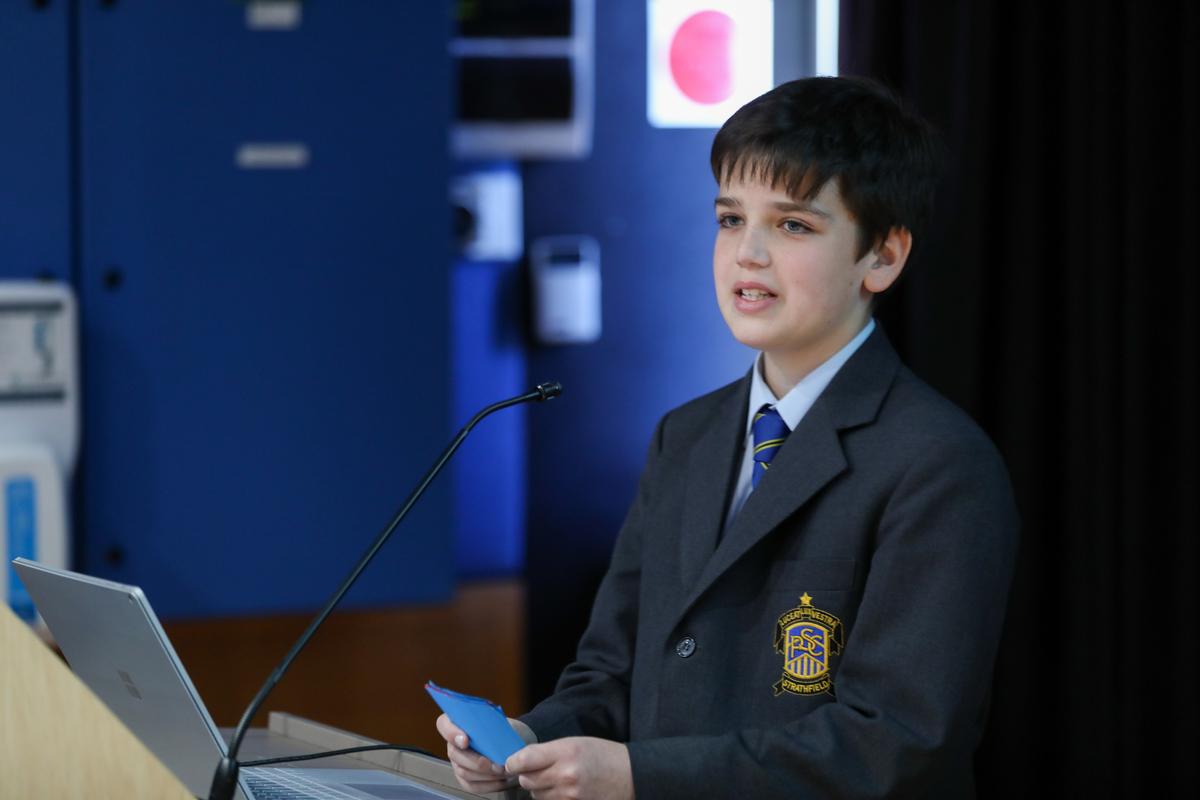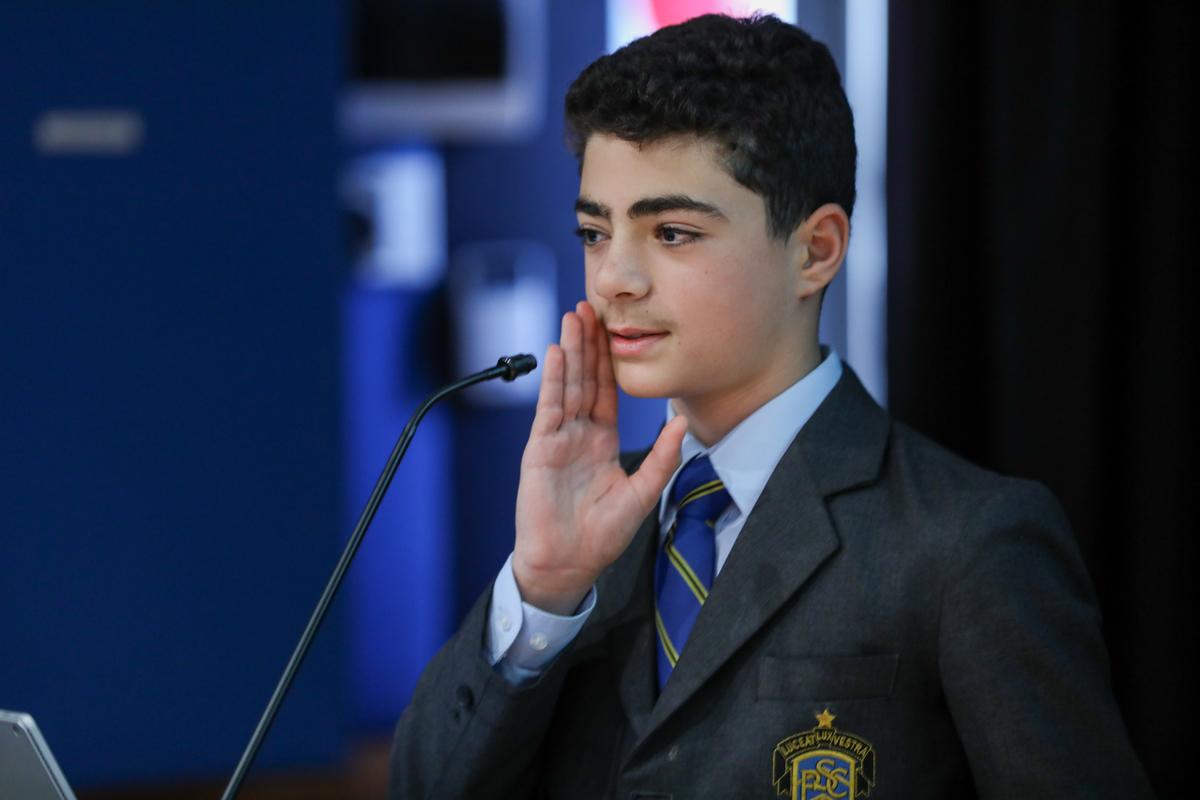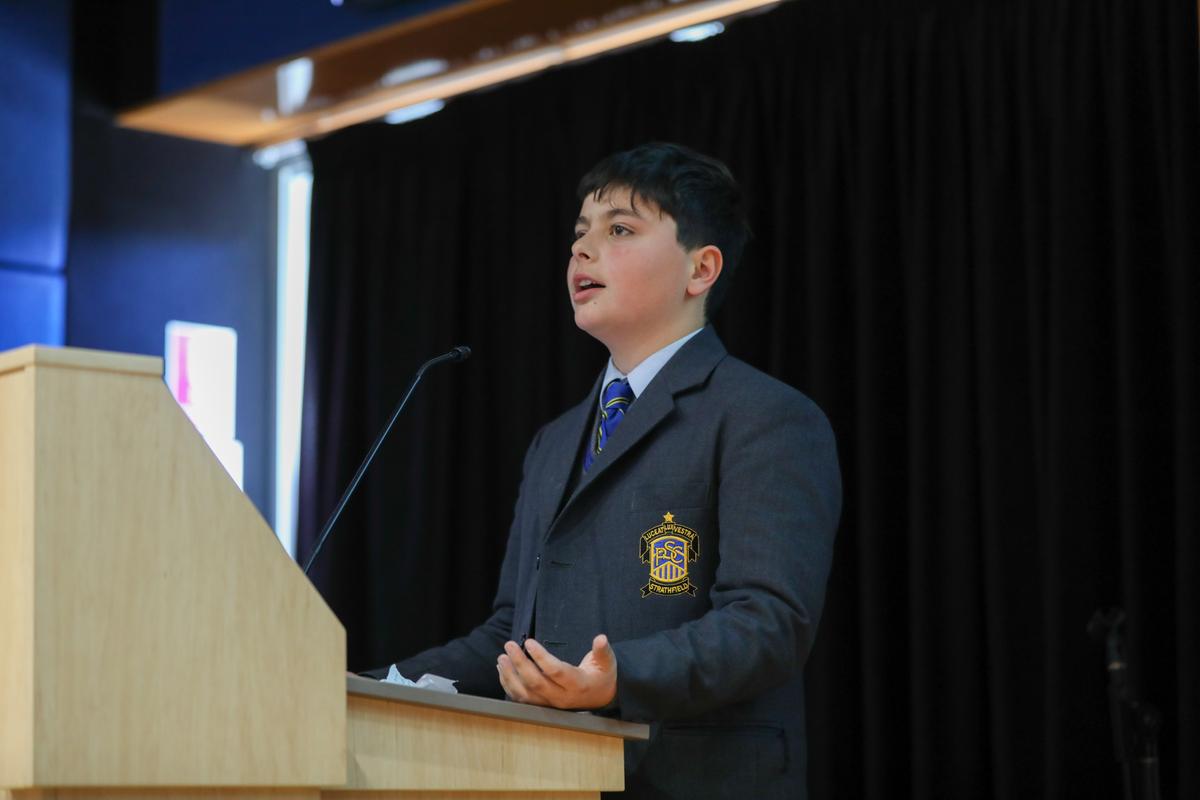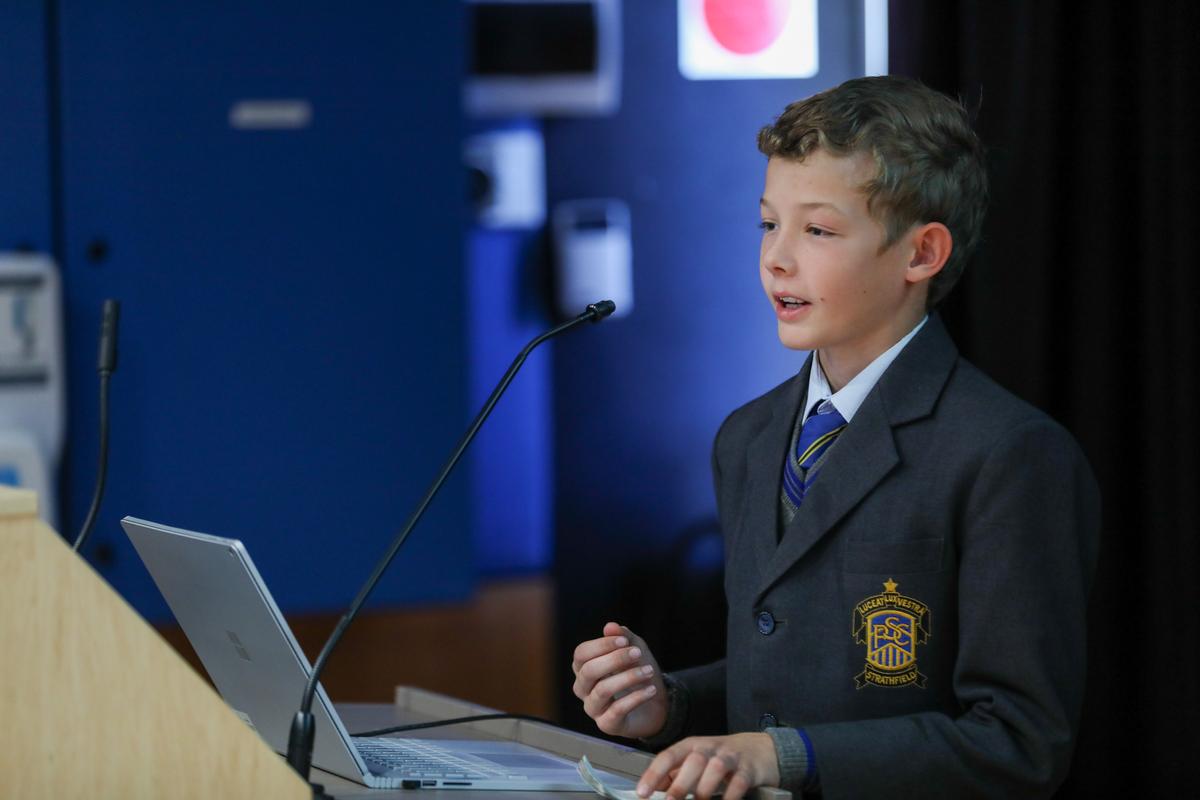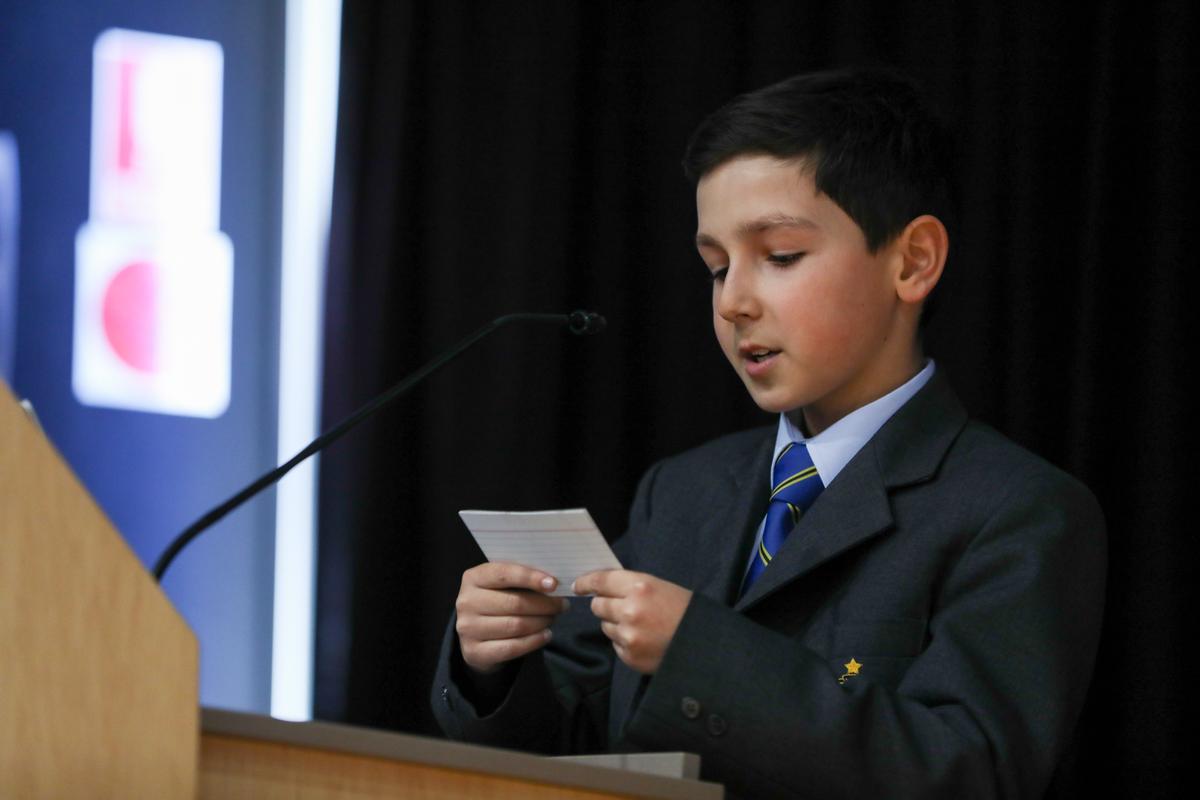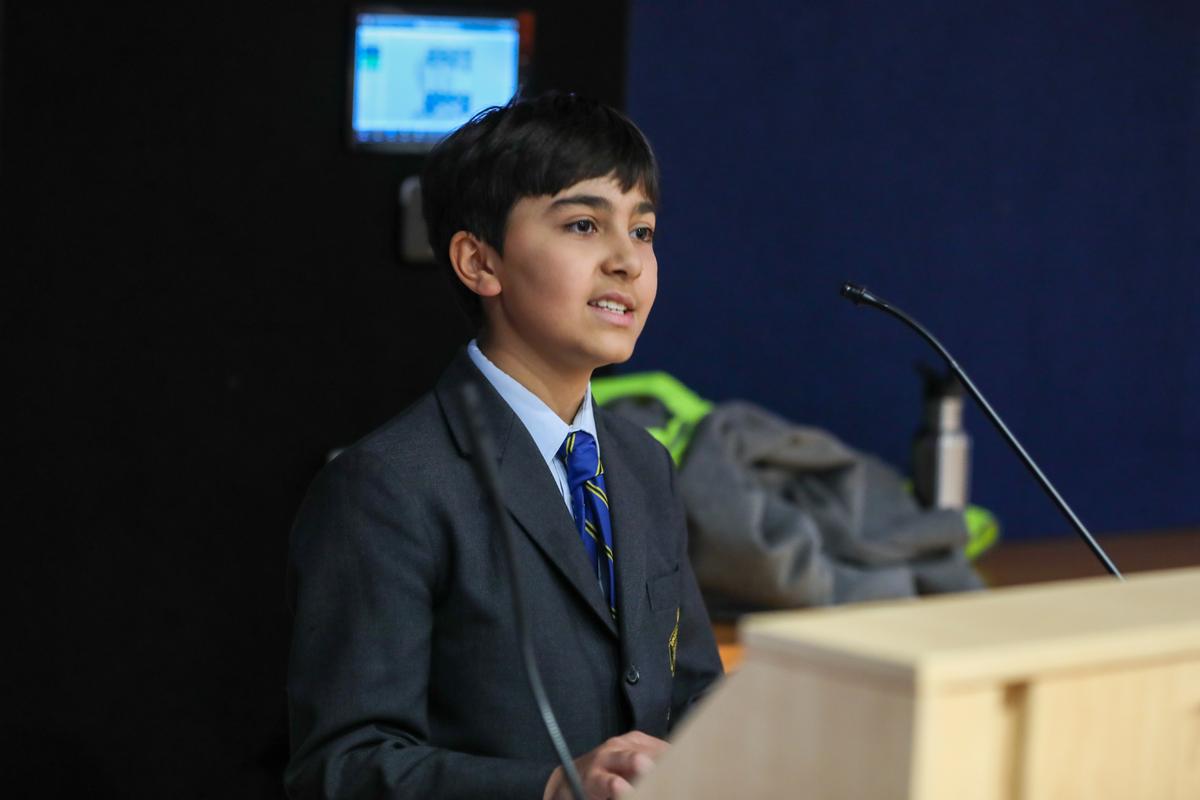Junior School
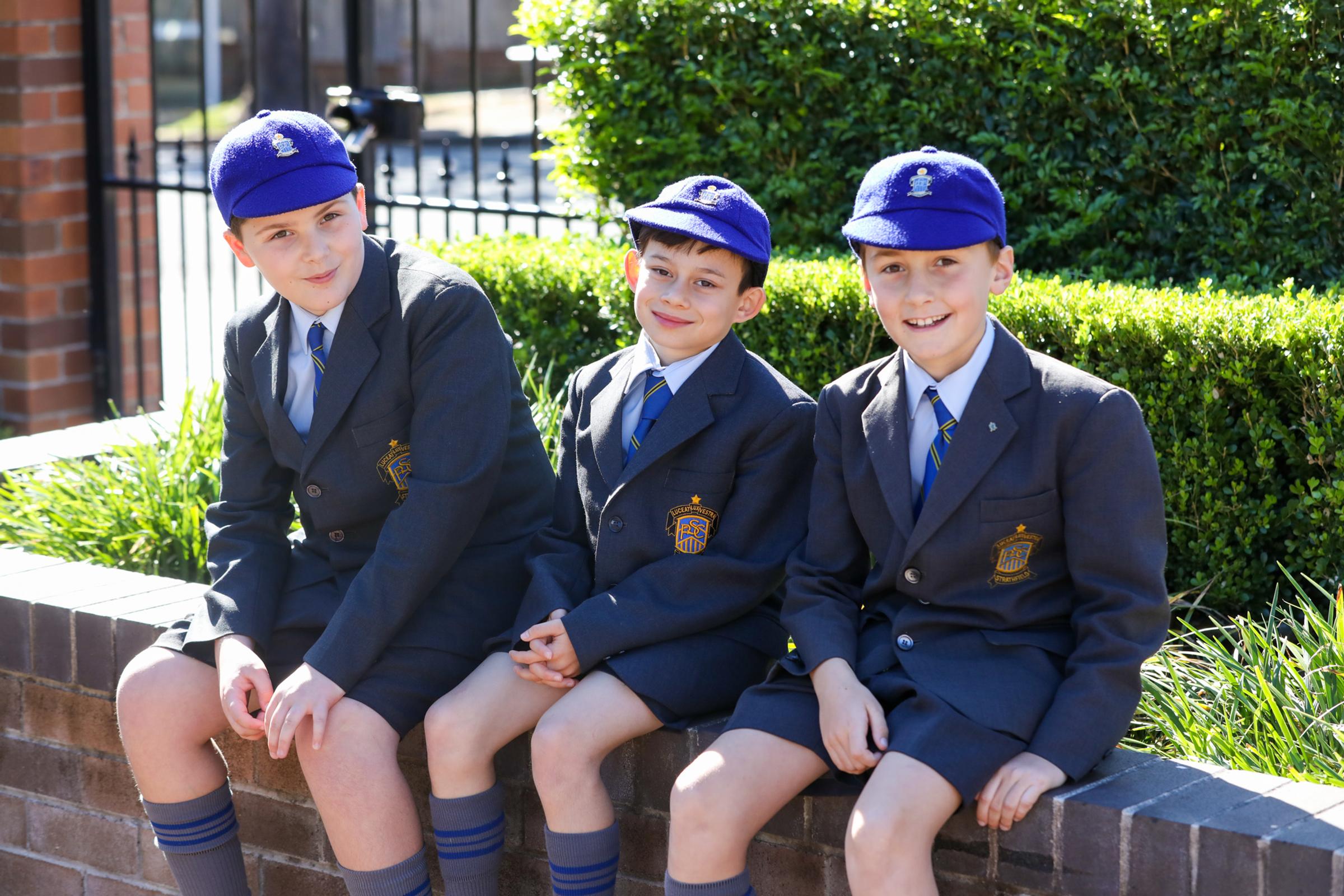
As Term 2 rapidly draws to a close, it is worth pausing to reflect on the past nine weeks which have been marked by many achievements, both big and small, yet all impactful for those experiencing them. Achievements in the classroom, on the sporting fields, in the music studios, in the debating arena and on stage. Whilst winning is wonderful, achieving personal best performances should be held in equal esteem and I encourage you to identify these with your children and celebrate these small wins, just as you would the larger, more public victories.
Every day I witness our students learning, training or rehearsing in an effort to improve their performance, practising tirelessly to reach their goals. Clearly, our students realise that genuine improvement requires struggle, persistence and sometimes sacrifice. Research also suggests that the amount and quality of practice are key factors in the level of improvement reached.
What is important to note when it comes to practice is that not all practice makes perfect. You need a particular kind of practice, deliberate practice, to develop and improve significantly. Some key research findings around 'practice' suggest repetition is not the key to improvement; poor performance of the same task repeatedly is pointless. Rather, the key to improvement is striving for a better performance each time a task is performed; a specific goal is needed, then reassessment of performance, followed by work on improving technique. Deliberate practice is about changing performance, working on our weaknesses, setting new goals and persisting to reach a little higher each time.
This is an important message for our students to consider as they regularly invest so much of their time trying to improve a specific outcome. Persistence has been shown to be a significant predictor of success and to see a student persevere with intention is so heartening because they are demonstrating that they know they can improve on their performance. If we can teach our students about deliberate practice, then the chances of success are even greater.
The following is an outline of what parents/carers can do to teach their children about the importance of deliberate practice.
- Work on weaknesses: rather than doing things that they already do well, children should focus on the things that are difficult for them. For example, they might replay the part of their trumpet solo with the high notes that they have been having trouble with, rather than the parts that they know well.
- Give full concentration: teach children to avoid distractions that make it hard to stay on task, like noise, social media or people nearby.
- Get feedback: encourage children to find out what they got right and where they made mistakes by asking for feedback from their teacher, coach or instructor.
- Repeat until mastery: encourage children to keep working on their weaknesses, stay on task and continue to get feedback until they master their specific goal.
The one thing that clearly emerges from the research is that performance improvement is based on intensive, deliberate practice, working with motivated teachers and coaches and having the support of family. It is only by working at what you cannot do yet that you turn into the expert you want to become.
As we head into the holidays, I would encourage you to please avoid filling each day with constant activity for your children. Our days at school are already jam-packed with plenty of activity, learning and play, which are all important, but our students are tired, and they will no doubt benefit from some downtime when they can simply relax, away from the pressure and usual routines associated with a school term. I would also ask you to please consider resisting the urge to allow extended screen time for your children during the break. Most families have limits on screen time at home during the course of the term and I would encourage you to try and maintain these throughout the holiday period.
Our teachers look forward to hearing the students’ holiday stories upon their return to school on Tuesday 19 July.
As always, if you have any queries or concerns, please do not hesitate to contact me via email (glenn.stephenson@spc.nsw.edu.au) or phone (8705 9247) and I will endeavour to assist you in any way that I can.
May God bless you,
Glenn Stephenson
Director of Junior School
SPeeCh!
The English Syllabus states that by the end of Stage 3, students communicate effectively, using considered language to entertain, inform and persuade audiences for an increasing range of purposes. This term saw all Junior School students participate in SPeeCh! This task required students to think about a topic, undertake research, craft their information, and deliver it to their peers and teachers. What a marvellous opportunity to continue the development of these important skills for our learners and to hear from them!
Congratulations to the following students who had the opportunity to not only present to their class, but to their year group as well:
| Year 5 – ‘Did You Know?’ | Year 6 – ‘Ideas Worth Sharing’ | |
| Black | Campbell Meilak | Nicolas Mansour, Miguel De Nobrega |
| Blue | Anthony Petrino | Elijah Saba |
| Gold | Jacob Ibrahim | Dimitri Staveris, Kristian Tanevski |
| Green | Gabriel Comerford | Daniel Garrett, Leo O’Neill |
| Red | Thomas Maher | Anthony Touma, Christopher Boustani |
| White | Lucas Shiner | Ryan Grogan, Julian Minadeo |
| Orange | Jack Ronzini |
Speaking in front of your peers can be both an exhilarating and daunting task. There are several factors to consider in order to engage and captivate your audience.
Congratulations to Campbell Meilak (5 Black) and Julian Minadeo (6 White) who will present their speech to the College community in Term 3. I’m certain they will rise to the occasion and be excellent representatives from the Junior School. Thank you to all boys in the way they approached this speaking task and to all teachers and families for encouraging and enabling this opportunity for our learners.
Daniel Fields
Junior School Curriculum Coordinator


